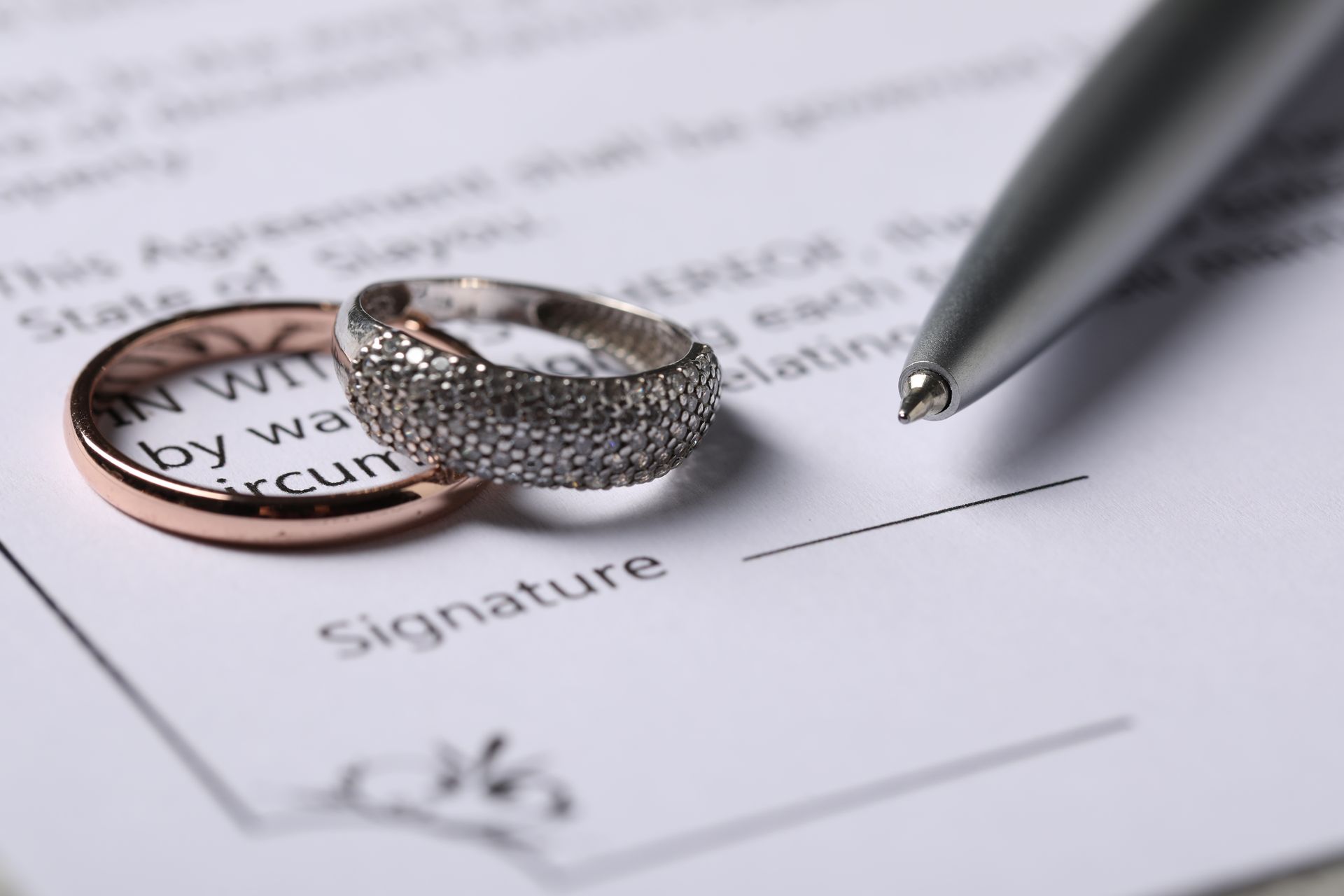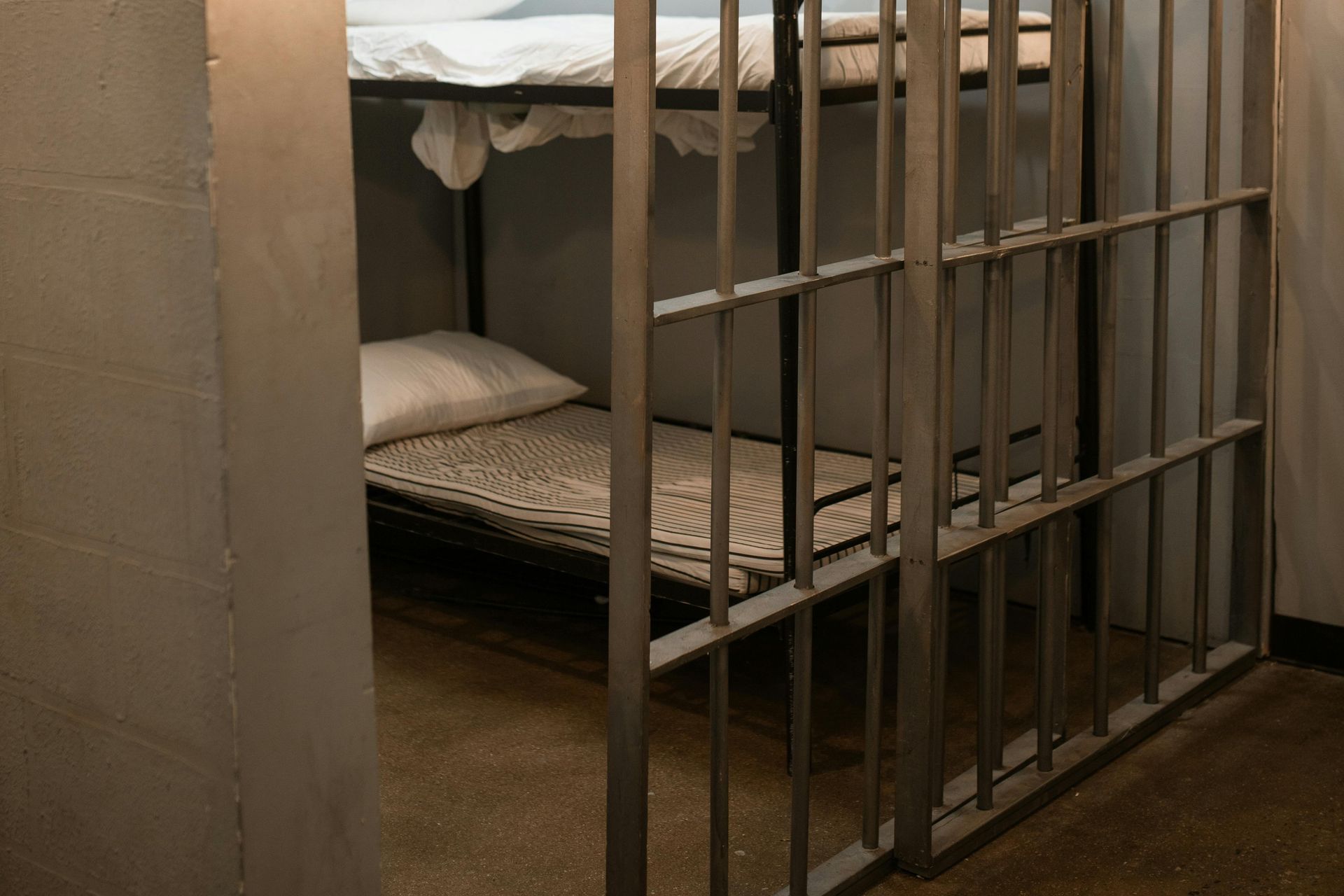Self-Defense vs. Assault: How to Prove You Acted in Defense
Self-Defense vs. Assault: How to Prove You Acted in Defense
In a moment of danger, protecting yourself or others may be instinctual. However, what you consider self-defense could be interpreted as assault in a court of law. In Virginia, proving that you acted in self-defense requires demonstrating that your actions were necessary, reasonable, and proportionate to the threat. At Cheryl Eddy Benn, P.C., we assist individuals in Virginia Beach who need legal guidance when facing assault charges while asserting a self-defense claim.
Understanding Self-Defense Under Virginia Law
Virginia law recognizes self-defense as a legal justification for using force when facing an immediate threat. There are two primary types of self-defense in the state:
- Justifiable Self-Defense – When a person is not at fault for the altercation but uses reasonable force to prevent harm.
- Excusable Self-Defense – When a person may have contributed to the conflict but retreats or attempts to de-escalate before using force.
The key factor in self-defense claims is whether the force used was proportionate to the threat. Deadly force is only legally justifiable if you reasonably believed that your life was in danger.
How to Prove Self-Defense in Court
If you are charged with assault but acted in self-defense, you must present evidence to support your claim. This may include:
- Witness Testimony – Statements from individuals who saw the altercation can help establish the level of threat you faced.
- Surveillance Footage – Security camera footage or video recordings may show the aggressor’s actions leading up to your response.
- Injuries and Medical Reports – Evidence of injuries consistent with self-defense can demonstrate that you were defending yourself rather than acting aggressively.
- Police Reports – If law enforcement documented the incident, their reports may support your claim of self-defense.
Common Challenges in Self-Defense Cases
Prosecutors may argue that you escalated the situation or that your response was excessive. Some common challenges include:
- Lack of Immediate Threat – The prosecution may claim you had an opportunity to retreat but chose not to.
- Disproportionate Force – If the force used far exceeded the threat, it may weaken your self-defense claim.
- Conflicting Testimonies – Differing accounts of the incident can create doubt about whether you were truly acting in defense.
Having strong legal representation is essential to overcoming these challenges and proving your self-defense claim effectively.
Legal Representation for Self-Defense Cases
At Cheryl Eddy Benn, P.C., we understand the complexities of self-defense laws in Virginia Beach. If you are facing charges related to an altercation, we can help build a solid defense, gather crucial evidence, and present a strong case on your behalf.
Understanding your rights and seeking legal assistance early can make a significant difference in the outcome of your case. Contact us today to discuss your defense strategy.











